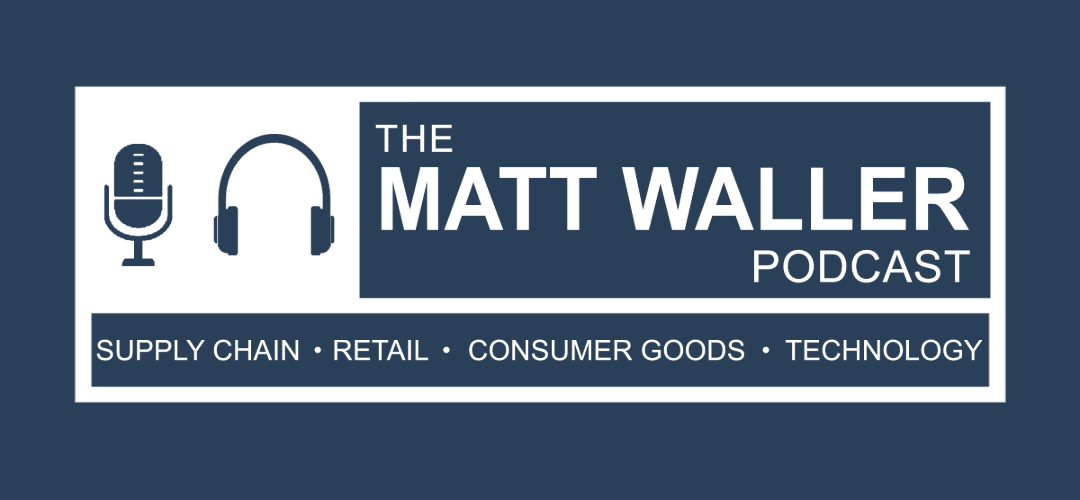The maritime transportation industry, traditionally resistant to change, has rapidly embraced digital transformation in response to the COVID-19 pandemic, as detailed in discussions with Uriel Brison of WaveBL. Historically dependent on paper documentation, particularly the Bill of Lading for shipping goods, the industry faced inefficiencies and risks like loss and fraud. WaveBL, specializing in electronic Bills of Lading using blockchain technology, marks a significant shift towards digital, enhancing security and efficiency.
Approximately 20% of maritime transactions involve financial institutions with Letters of Credit, with the rest relying on the Bill of Lading between shipper and consignee. With global trade predominantly reliant on ocean shipping, efficiency is crucial. The pandemic highlighted the vulnerabilities of paper-based systems, spurring a shift to digital solutions. Ocean carriers and the Digital Container Shipping Association (DCSA) aim for full digitization by 2030, leveraging blockchain for secure document transfer.
WaveBL’s innovation extends beyond electronic Bills of Lading to a Digital Document Pouch for consolidating shipping documents, aiming to streamline processes and ensure document authenticity. This digital transition also aligns with environmental goals, reducing paper use and associated CO2 emissions. Despite challenges in adoption, particularly among consignees accustomed to traditional methods, WaveBL’s efforts focus on education and demonstrating practical benefits, like increased efficiency and error reduction, to foster industry-wide acceptance of digital solutions.
Riding the Digital Wave: Blockchain Technology Optimizes Operations Across Oceans



Member discussion: